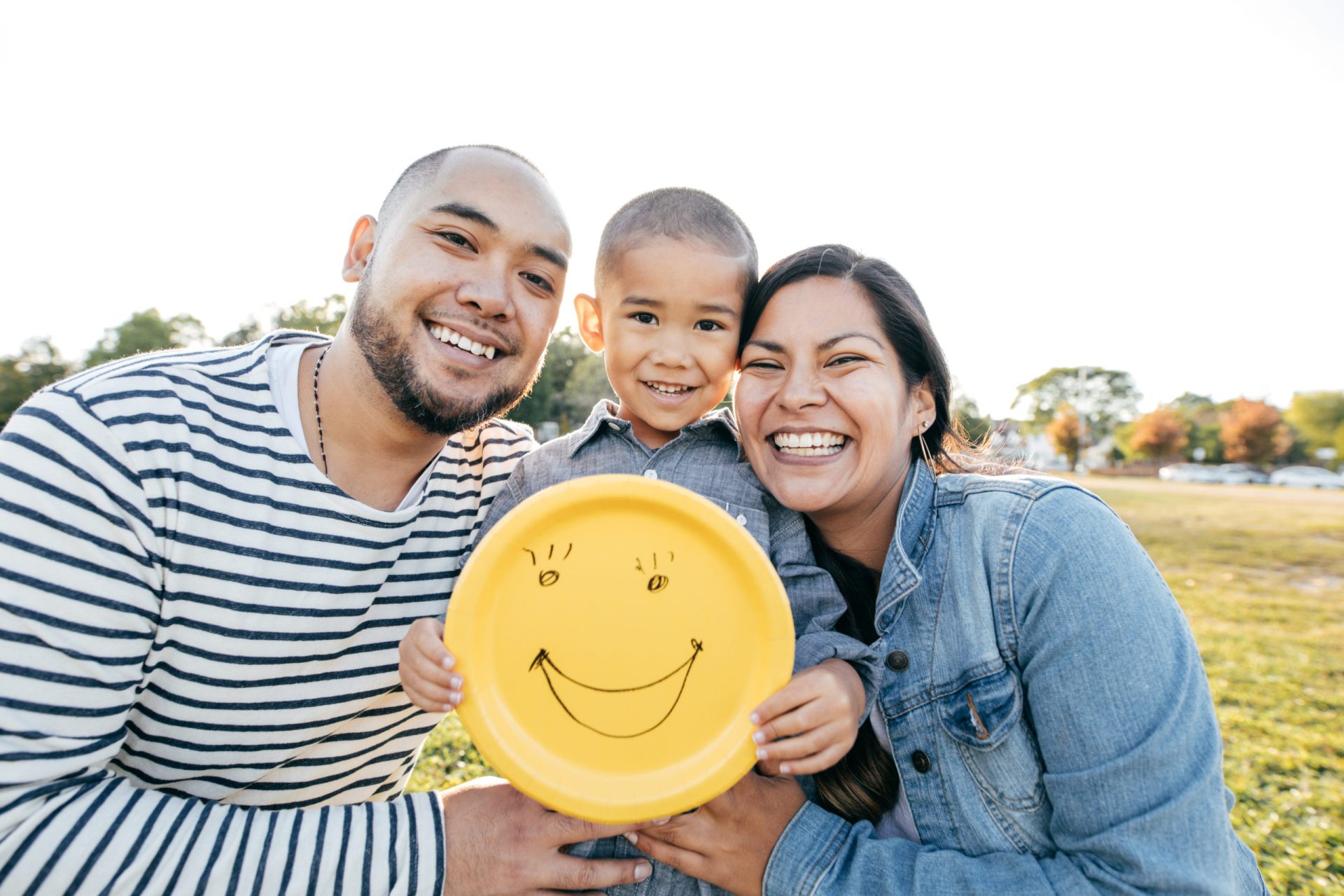Mental Health Fundraising Ideas That Make a Real Impact

Mental illness touches the lives of many people. In fact, one in five adults in the US has a mental health condition, the National Institute of Mental Health reports. To support others who may be going through tough times, consider launching a mental health fundraiser, sharing your mental health journey with others, or becoming involved with mental health initiatives in your community. Below, we offer practical fundraising ideas that promote awareness and well-being for those in need of support.
Important mental health statistics to know
- Mental Health America reports that 56% of adults in the US with a mental illness don’t receive treatment.
- Of the adults who were left untreated, 50% reported the inability to pay for the high costs of treatment.
- Depression among young adults is on the rise, from 5.9% in 2013 to 8.2% in 2018.
- 64.1% of adolescents facing major depression don’t receive treatment.
- Suicide is the second major cause of death among those aged 15 to 29.
Seven mental health fundraising ideas that support real change
1. Mental health fundraising
Fundraise for a cause you care about and help even more people in the process. Whether you want to begin fundraising for mental health services or start a personal fundraiser to help a friend or loved one with their medical bills, you can start a fundraiser in just minutes on GoFundMe, raising awareness and the funds you need in a way that really matters. Aren’t sure how to fundraise for mental health? Read about our top fundraising tips to help you hit your fundraising goal.
2. Expand your knowledge
The more you know about something, the better you can spread understanding of it. If you want to advocate for fair health care for mental health issues, educate yourself on the various mental illnesses, treatments, and when it’s time to ask for help.
Look up some mental health resources, mental health conditions, as well as suicide prevention tips. That way, others might share their mental health journeys with you when you share your story and knowledge with them.
3. Start a conversation
The stigma around mental health makes it a hard conversation to begin. To combat that stigma, set an open-discussion environment. Try opening up to someone about mental illness from your own experience. Sharing your mental health journey could make your friend or loved one more comfortable getting help/recovery for themselves. Read about how you can develop your own care team to support you in initiating the conversation.
4. Craft care packages
You can promote wellness by advocating for self-care. If you’re anxious, depressed, or otherwise mentally unwell, going to the doctor is your best bet, but coloring books and soothing tea really can provide comfort, too. You can never be too late to tell someone that you care about them. You may also be able to encourage local businesses to donate items or provide sponsorships to support your effort.
5. Share your story
Showing vulnerabilities is a challenge for everyone, but the impact it can have on others, or even family members, is profound. Comedian and Netflix star Maria Bamford’s fundraiser for stigma-free mental health tells her story of having bipolar disorder and raises funds for the National Alliance on Mental Illness (NAMI) at the same time. Not only did she share her story, but she raised money for others in similar situations to get the help they need but can’t afford.
6. Go social with advocacy
Utilize social media to raise awareness. How about an educational post about mental health care? Maybe you create a hashtag to get your cause noticed. Launch an FAQs livestream or webinar and ask your network to tune in and ask any mental health questions they may have. Know anyone in the wellness space? Exchange wellness tips or resources, such as info for your local helpline or mental health charities. Online fundraising on social platforms can also extend your reach and draw prospective donors in.
7. Host a fundraising event in your community
Why not bring your local community together with a fundraising event for mental health, in person or virtual? Maybe you’ll have a wellness fair, a 5K for mental health awareness, or a trivia night. Public policy forums, art shows, community games, and the like can also help spark dialogue and raise money for mental health support. You can make it educational by having games that teach people what they should know, what they can do, etc, about different mental illnesses, or even how to be a better friend to someone who has a mental illness. Make sure you promote your event on social media and tag local providers or nonprofits to spread the word.
Mental health fundraising brings people together
What better way to strengthen advocacy, raise awareness, and join forces to make positive change than standing with a friend or someone else you care about via a mental health fundraiser. Your own initiative, no matter how small, is part of a growing effort to make mental health services more accessible to us all. Create fundraising goals, select the right fundraising platform, track your progress, and keep your supporters in the loop as you go, with real-time updates.